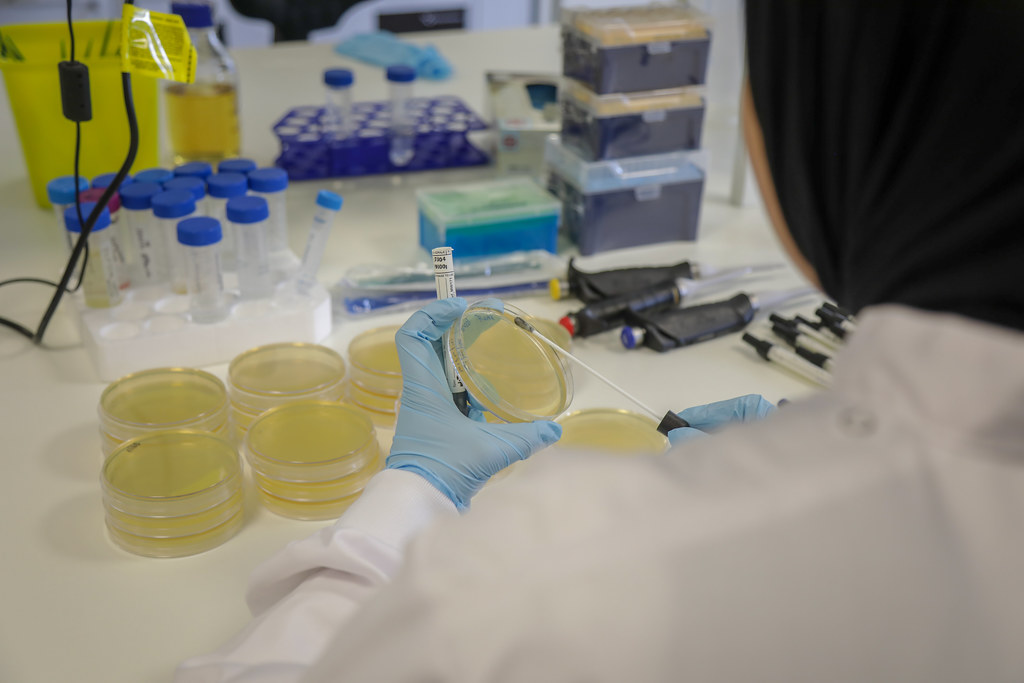About Us
Active?
Facet Toggle
June 27, 2022
While there have been high-level commitments from the World Health Assembly, the United Nations General Assembly (UNGA), the G20, and the G7 to tackle AMR, there has yet to be a fundamental change in how we purchase antimicrobials, or an international approach to improving access, fostering innovati...
July 31, 2017
Many low-and lower-middle-income countries currently procure a large portion of their health commodities through centralized, donor-managed procurement mechanisms, and often at subsidized prices or as donations. Over the next several decades, however, the landscape of global health procurement will ...
May 09, 2017
The Innovative Finance for Resettlement Working Group aims to create more and better opportunities for displaced people to be safely resettled in third countries. The Working Group is developing proposals and setting out practical actions for donors and governments to use innovative financing and re...
August 25, 2014
As international commitments become more ambitious and aid resources become increasingly constrained, global health funding agencies are seeking to improve the efficiency and impact of their investments. This growing “value for money” (VfM) agenda aims to reduce costs, increase imp...


